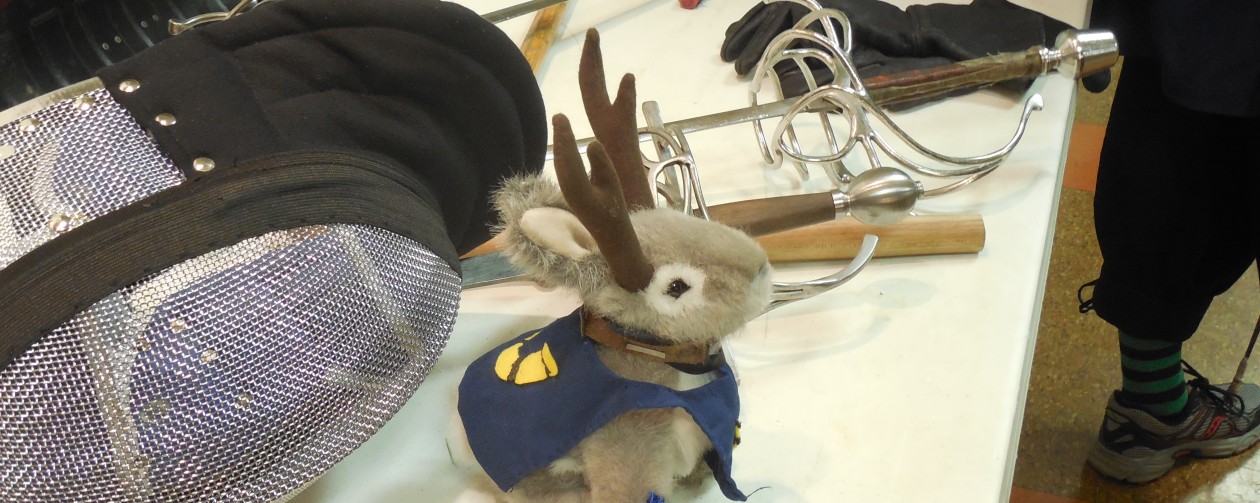Today, I am reading and commenting on Jonah 1-4 and Micah 1-2.
Reading Jonah’s story today reminds me of a video I watched a few weeks ago where Jordan Peterson talked with Bill Maher about the story of Jonah. What Jordan Peterson said gave me new insight into the message of Jonah. He said that the first part of the Book of Jonah tells us what happens to us if we see others doing things which will lead to their suffering and we refuse to speak to them about it. Jonah didn’t want to tell the people of Nineveh that their actions would lead to bad consequences. He recognized that if he stayed where he was, someone might hear him speaking God’s message about Nineveh and take it to them, even though he himself did not go there. So, he got on a ship and tried to go as far from Nineveh as he could imagine being. Jordan Peterson points out that by trying to avoid letting God’s message getting to Nineveh, Jonah put not just himself in danger, but everyone around him in danger. At that point, Jonah had a choice, he could allow everyone around him to suffer along with himself, or he could sacrifice himself for them. Jonah chose to sacrifice himself, and ended up in the worst place he could imagine, a place that was far from God, and from all human interaction. Only when Jonah surrendered to God and resolved in his mind to do as God had instructed him, had decided that he would take God’s message to Nineveh, did Jonah come back from that place of torment.
I wasn’t sure if I was going to write anything about Micah, but after I read these first two chapters I felt like I should add a comment on them. First, Micah tells the people of Israel and Judah the Lord is coming to judge them for their rebelliousness. He writes that sorrow awaits those who think that because they have the power to do something they have the right to do so. Then he writes about those who tell him not to make such prophecies. In Jonah we learned that if we do not speak the message God gives us, we will suffer, as will all of those around us. In Jonah, the people of Nineveh were receptive to God’s message. Here, the people do not want to hear it. Nevertheless, Micah spoke God’s message, and despite most of his audience not wanting to hear the message a few listened. Micah assured those who listened that God would redeem them in His time.
I use the daily Bible reading schedule from “The Bible.net” for my daily Bible reading.














